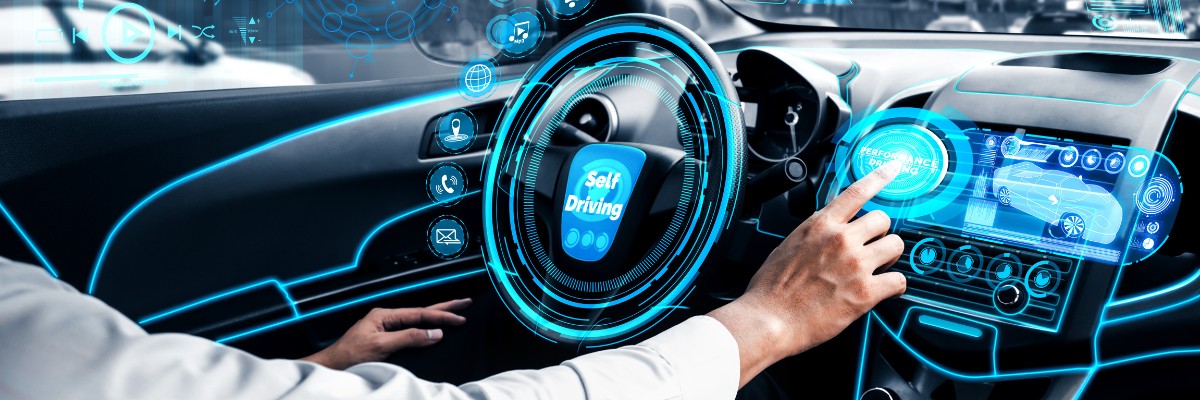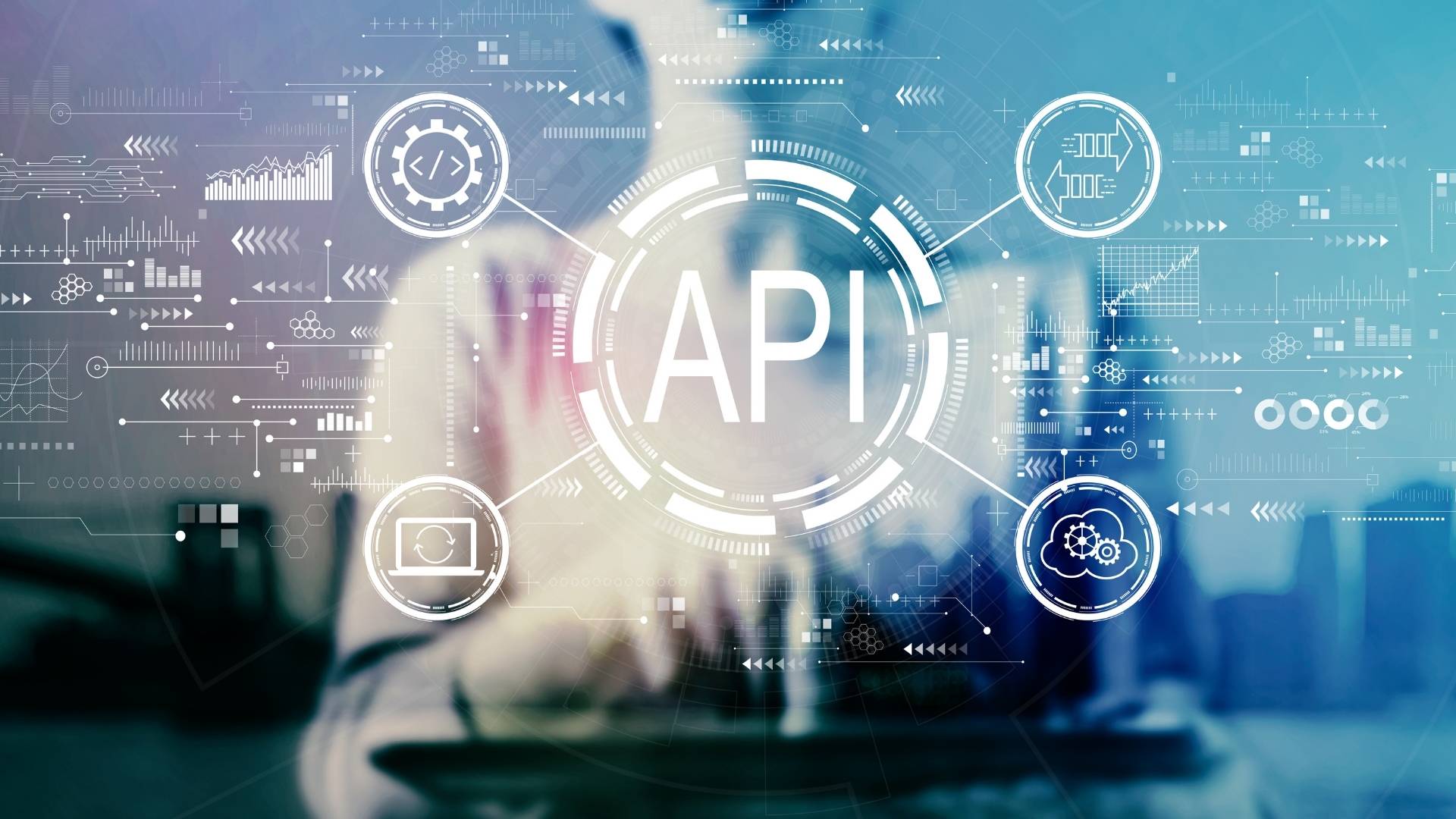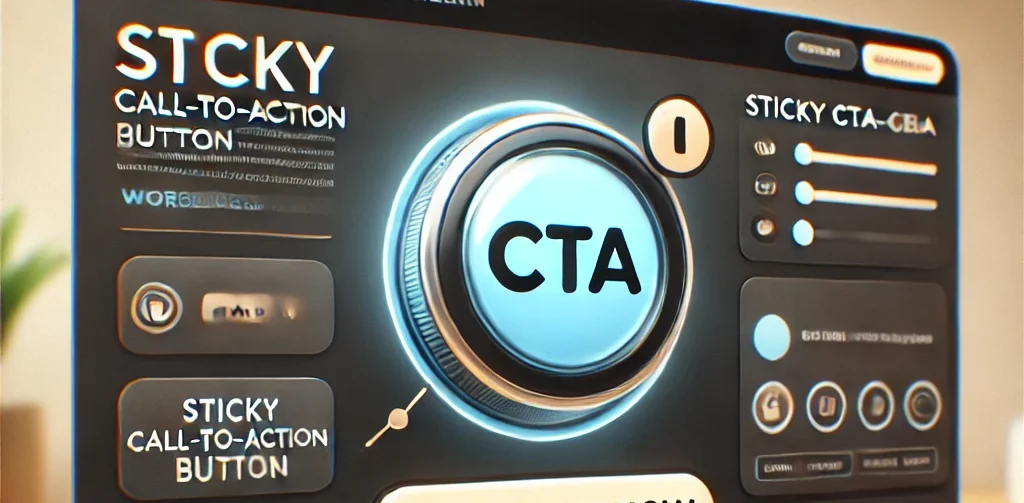Technology is advancing at an incredible pace, and new innovations are constantly emerging in a wide range of fields. From smart homes to self-driving cars, the latest advances in tech are changing the way we live, work, and play. In this article, we’ll explore some of the most exciting recent developments in technology.
Smart Homes
Smart homes are becoming increasingly popular, and for good reason. With the right technology, you can control your home’s lighting, heating, security, and more from your smartphone or tablet. Smart home devices use a range of technologies, including sensors, Wi-Fi, and Bluetooth, to connect to the internet and communicate with each other.
One of the most exciting recent developments in smart home technology is the rise of voice assistants like Amazon’s Alexa and Google Assistant. These devices can be used to control a wide range of smart home devices, from lighting and temperature to music and entertainment. They can also be used to order groceries, set reminders, and perform other tasks.
Another exciting development in smart homes is the rise of smart appliances. These devices use sensors and artificial intelligence to optimize their performance, reducing energy consumption and improving efficiency. For example, a smart fridge might adjust its temperature based on the contents inside, while a smart washing machine might adjust its cycle based on the type of fabric being washed.
Virtual and Augmented Reality
Virtual and augmented reality have been around for some time, but recent advances in technology have made them more accessible and more impressive than ever before. Virtual reality (VR) involves immersing the user in a completely digital environment, while augmented reality (AR) overlays digital content onto the real world.
One of the most exciting applications of VR and AR is in gaming. VR headsets like the Oculus Rift and the HTC Vive allow users to fully immerse themselves in digital worlds, while AR games like Pokemon Go bring digital creatures into the real world. However, these technologies also have applications in fields like education, training, and healthcare.
For example, VR can be used to simulate dangerous or challenging environments for training purposes. This can include everything from flight simulators for pilots to virtual reality surgeries for medical professionals. AR can be used to provide real-time information to workers in fields like manufacturing and construction, helping to improve safety and efficiency.
Self-Driving Cars
Self-driving cars have been in development for some time, but recent years have seen significant progress in this area. Companies like Tesla, Google, and Uber are investing heavily in autonomous vehicle technology, with the aim of making driving safer and more efficient.
Self-driving cars use a range of sensors, cameras, and other technologies to navigate the road and avoid obstacles. They are also equipped with artificial intelligence systems that allow them to make decisions based on real-time data from the environment.
While self-driving cars are still in the testing phase, they have the potential to revolutionize the way we travel. They could make driving safer by reducing the number of accidents caused by human error, and they could also reduce traffic congestion by optimizing traffic flow. They could also improve accessibility for people with disabilities or other mobility issues.
Blockchain
Blockchain is a technology that allows for secure, transparent, and tamper-proof record-keeping. It was originally developed for use in cryptocurrencies like Bitcoin, but it has since been adapted for a wide range of applications.
One of the most exciting applications of blockchain is in the realm of finance. Blockchain technology allows for secure and efficient transactions without the need for intermediaries like banks. It also allows for greater transparency and accountability, as transactions are recorded on a public ledger that can be audited by anyone.
Blockchain also has potential applications in fields like supply chain management, voting systems, and identity verification. For example, blockchain could be used to track the movement of goods throughout the supply chain, providing greater visibility and accountability. It could also be used to create secure and transparent voting systems that are resistant to tampering or fraud. And it could be used to create decentralized identity systems that put users in control of their own personal data.
Artificial Intelligence
Artificial intelligence (AI) is another area of technology that is advancing rapidly. AI involves the development of systems that can perform tasks that would normally require human intelligence, such as recognizing speech or images, making decisions, and learning from experience.
AI has applications in a wide range of fields, from healthcare and finance to manufacturing and customer service. For example, AI systems can be used to analyze medical data to identify patterns and develop new treatments, or to analyze financial data to detect fraud or predict market trends. They can also be used to automate repetitive tasks in manufacturing or to provide personalized recommendations to customers.
One of the most exciting recent developments in AI is the rise of machine learning, which involves training AI systems on large datasets to improve their performance. Machine learning has applications in fields like image recognition, natural language processing, and predictive analytics. It is also being used to develop autonomous systems like self-driving cars and drones.
The latest advances in technology are changing the way we live, work, and play. From smart homes to self-driving cars, virtual and augmented reality, blockchain, and artificial intelligence, these technologies have the potential to transform our world in ways we never thought possible. As these technologies continue to evolve, it will be important to stay informed about new developments and to consider the implications of these advances for society as a whole. By embracing these technologies responsibly and thoughtfully, we can create a future that is safer, more efficient, and more enjoyable for all.




